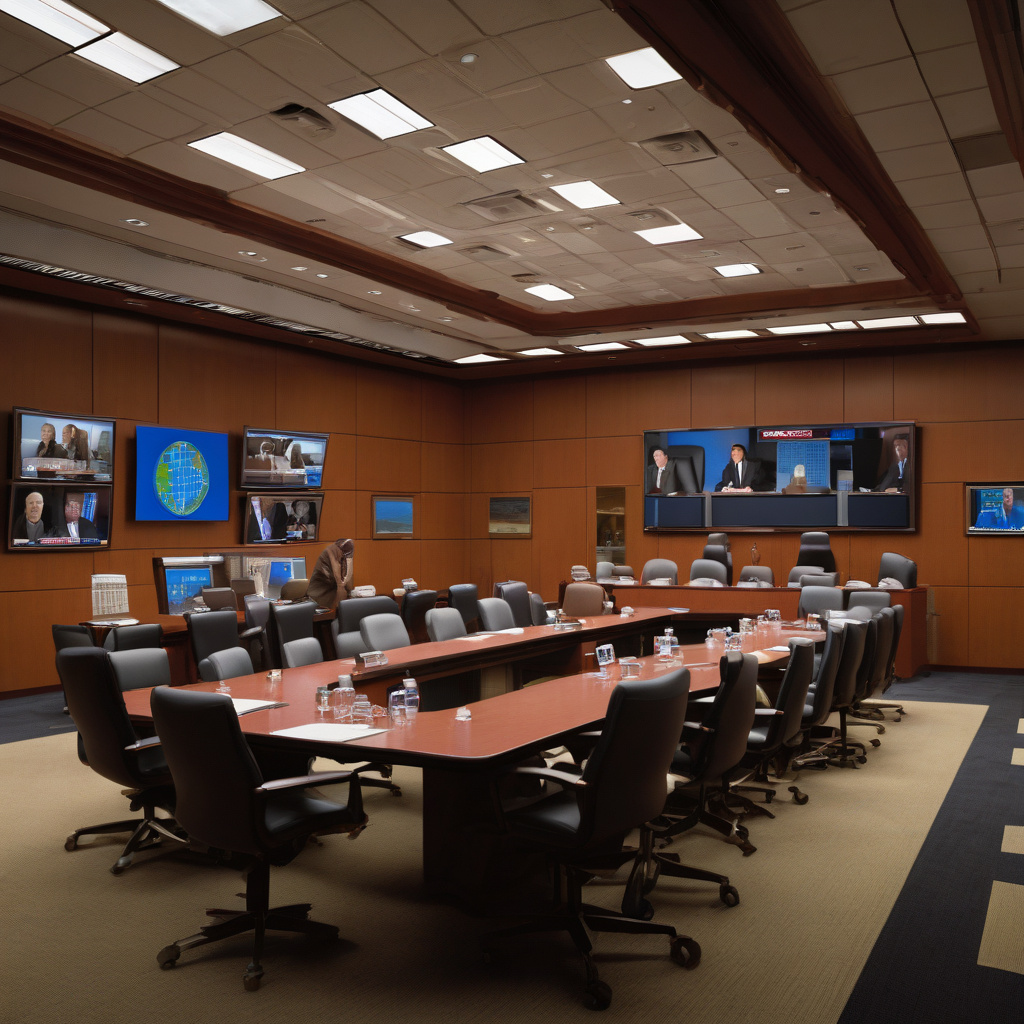FCC to Vote on GPS Alternatives Amid Rising Interference Fears
Reports of GPS interference and spoofing attacks have increased since 2023, raising safety fears. The Federal Communications Commission (FCC) is set to address these concerns by voting on potential alternatives to GPS technology. With the reliance on GPS for navigation in various industries such as aviation, maritime, and transportation, the rise in interference incidents has sparked a sense of urgency to find solutions that ensure the integrity and security of GPS systems.
One of the primary reasons for the escalation in GPS interference and spoofing attacks is the proliferation of jamming devices and software that can disrupt GPS signals. These disruptions not only pose a threat to the safety of individuals relying on GPS for navigation but also have significant implications for critical infrastructure and national security. The potential for malicious actors to manipulate GPS signals for their gain highlights the pressing need to address these vulnerabilities promptly.
The FCC’s decision to vote on GPS alternatives comes at a critical juncture, where the integrity of GPS technology is being put to the test. One of the proposed solutions is the adoption of alternative positioning, navigation, and timing (PNT) technologies that can complement or serve as backups to GPS. By diversifying the PNT ecosystem, industries can enhance the resilience of their systems against interference and spoofing attacks.
Several alternative PNT technologies have shown promise in providing reliable and secure positioning information. Among these technologies are eLoran, a low-frequency radio navigation system that can operate independently of GPS, and inertial navigation systems that utilize sensors to determine position and orientation. By integrating these technologies into existing GPS infrastructure, industries can create redundancy and reduce the risks associated with single-point failures.
In addition to exploring alternative PNT technologies, the FCC’s decision to vote on GPS alternatives underscores the importance of collaboration between government agencies, industry stakeholders, and technology experts. Addressing the challenges posed by GPS interference requires a multi-faceted approach that leverages the expertise and resources of various sectors. By fostering partnerships and knowledge-sharing, stakeholders can collectively work towards fortifying GPS systems and mitigating potential risks.
Furthermore, the outcome of the FCC’s vote on GPS alternatives is likely to have far-reaching implications for industries that rely on precise and reliable positioning information. From enabling autonomous vehicles to enhancing emergency response systems, the integrity of GPS technology is foundational to a wide array of applications. By proactively addressing the rising concerns of interference and spoofing attacks, regulatory bodies and industry players can uphold the trust and functionality of GPS systems in an increasingly interconnected world.
As the FCC prepares to make a decision on GPS alternatives, the significance of safeguarding GPS technology against interference cannot be overstated. By staying ahead of emerging threats and investing in robust solutions, industries can ensure the resilience and continuity of critical services that depend on GPS. The upcoming vote serves as a pivotal moment in shaping the future of positioning, navigation, and timing technologies, laying the groundwork for a more secure and dependable PNT landscape.
GPS, FCC, Interference, Spoofing Attacks, Technology Security












